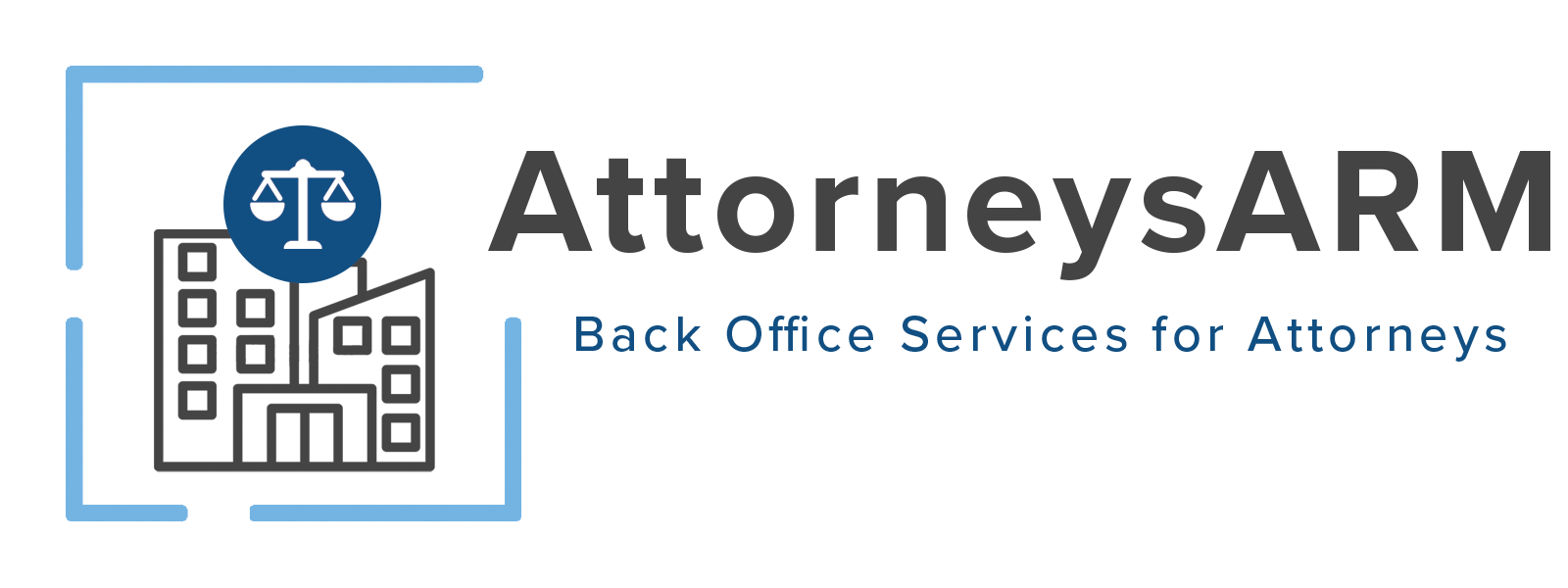Nothing can be more frustrating to a lawyer than unpaid legal fees, but with current economic difficulties, the instances of unpaid fees are on the rise and lawyers must be diligent in order to reclaim lost fees. However, when establishing an attorney-client relationship, it's important to set clear guidelines and build a strong understanding of the economic relationship between the two parties. When bringing a new client onboard, remember these 5 critical steps to establishing effective legal billing between the client and your firm.
1. Communicate Your Fee Arrangement Beforehand
The first step in establishing effective legal billing processes is to clearly communicate the terms of your services and putting your fee agreement in writing. That way, both the attorney and the client can refer back to the document in the instances of miscommunications or misunderstandings.
2. Describe Fee Structures in Detail
If your firm plans to charge an availability fee or sharing fees outside your firm, you should communicate those with your client and describe them on both the fee arrangement and the invoices. It's not a good idea to surprise clients with news that an attorney outside of your firm will be sharing some of the fee.
3. Get Better at Invoicing
Especially if you're starting a new practice or offering your services for the first time, thinking hard about how to get paid isn't a factor worthy of ignoring. Putting some thought into how you'll invoice clients is key to limiting lengthy explanatory emails and phone calls as well as late payments. Describe each billable service provided in detail and provide any reference documentation to support your fees. Even if you provided services to the client that you didn't bill them for, it's wise to include them to demonstrate your dedication to their case and put them at ease as to your output for their money.
4. Weed Out Bad Clients Early
While the draw of new clients is appealing to young or inexperienced lawyers, it's always better to break ties early on rather than to wait until they rack up a larger bill. Parting ways with problematic clients before they take up too much of your time is better than fighting them throughout the entire process if they're not going to pay you in the end.
5. Be Direct in Late Payment Notices
Late payments are part of the nature of a professional service and the balancing act between client services and your own financial realities can be frustrating. Even if you're in a beneficial financial situation and won't feel the sting of a late payment from a single client, don't be afraid to contact the client directly about late payments. Managing their expectations is important - if you neglect to inform them of their late payment status, they may assume the deadline is flexible and won't prioritize your bills ahead of their others. Remind them of their legal obligation to compensate you as agreed upon in the fee agreement and remind them regularly until the check is in the mail.
If you're struggling to establish successful, predictable client billing processes, it's time to bring on an effective accounts management partner. Attorney's A.R.M. is the ideal partner for small, medium, and large law firms alike, boasting a 95% collection rate for our clients’ accounts receivable before billing time. Contact us for more information or to place your accounts for collection today!
Image source, labelled for reuse




